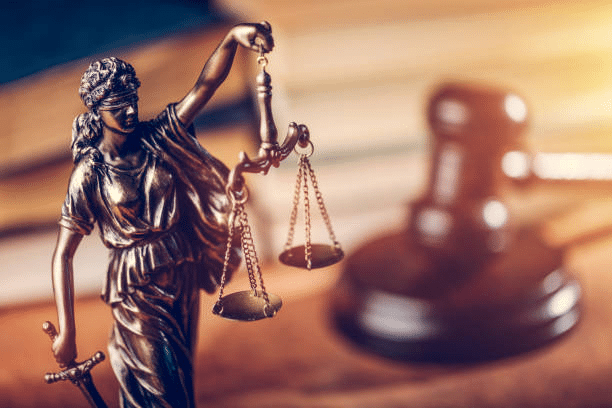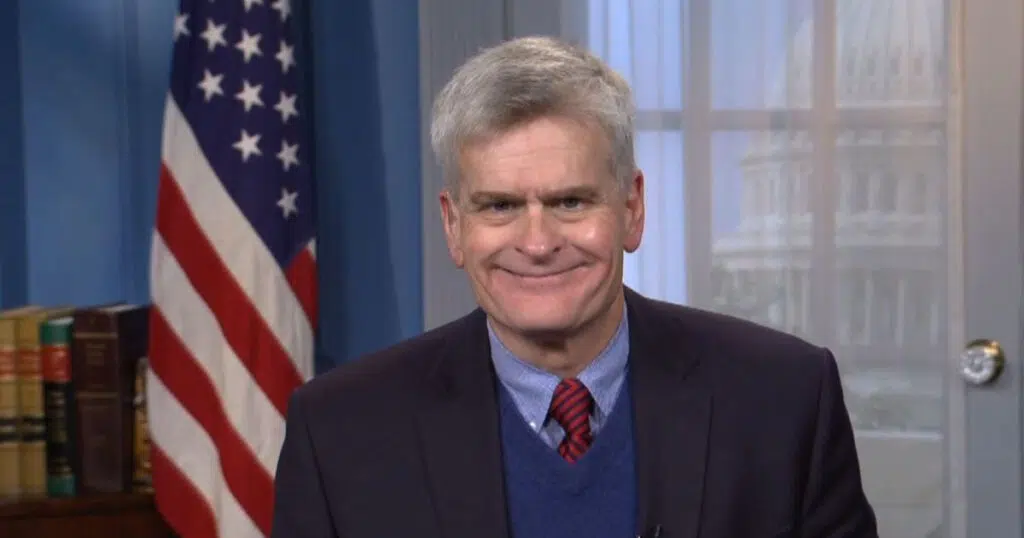
Court Rules Bar Exam Not Necessary To Practice Law
The Washington State Supreme Court ruled that the bar exam is no longer required for prospective lawyers. It’s no surprise that a liberal hot spot like Washington State would do something like this. When judges refuse to punish criminals why would they need a lawyer?
The explanation that the Bar Licensure Task Force offered is that the exam is “minimally effective for ensuring competency” and “disproportionally and unnecessarily blocks marginalized groups from becoming practicing attorneys.”
According to The Spokesman-Review, after appointing the task force in 2020 to assess “disproportionate impacts on examinees of color and first-generation examinees,” the courts agreed to substitute the exam with “experiential-learning alternatives.”
The task force consisted of over 50 groups that “examined the character and fitness process for lawyer licensure.” Historically, students interned under another lawyer before becoming attorneys. However, they still needed to pass the bar exam to become licensed and practice law. Under the new requirements, lawyers can forgo the bar, by participating in a six-month apprenticeship and finishing three courses. The students must also complete a minimum of three hours of legal work per week and 12 skills credits as licensed legal interns, garnering up to 500 hours of law experience before graduation to complete their portfolios.
The eligibility to become a licensed law practitioner will also extend to law clerks even if they haven’t finished law school by completing 500 hours of work as a licensed legal intern and “completing standardized educational materials and benchmarks under the guidance of a mentoring attorney.”
500 hours is only 12.5 (40-hour) work weeks. Three months seems like a short period of time for a law clerk to become a practicing attorney. Especially if all they need to do is complete standard materials and work under a mentor. Let’s face it, not all attorneys are equal, and not all are great mentors.
Washington Supreme Court Justice Raquel Montoya-Lewis chaired the task force. In a statement, she said:
“These recommendations come from a diverse body of lawyers in private and public practice, academics, and researchers who contributed immense insight, counterpoints, and research to get us where we are today. With these alternative pathways, we recognize that there are multiple ways to ensure a competent, licensed body of new attorneys who are so desperately needed around the state.”
Gonzaga School of Law Dean Jacob Rooksby said he is “on board” with introducing bar alternatives but has some hesitations and believes they should be introduced slowly.
“I urged that we move in this direction cautiously and view it almost as a case study or a trial to see: How could the different schools implement it but on a small scale?” He added that the changes will need “guardrails” to ensure that “the goal of increasing diversity and meeting legal needs in marginalized communities is met.”
Washington is following in the footsteps of Oregon which approved an alternate licensing program in November of last year that goes into effect in May. The program is called the Supervised Practice Portfolio Examination and will require candidates who have passed law school to complete 675 hours of legal work under the direction of a qualified lawyer and submit a portfolio of their work to be graded by bar officials.
In 2026 a revised version of the bar called the NextGen Bar Exam will be introduced. It will focus on testing aspiring attorneys on “real-world skills.”
The justice system has become riddled with liberal prosecutors and judges. On one hand, it is tiered to the extreme with the left-leaners involved handing out slap-on-the-wrist judgments and creating a revolving door system for radicals and much harsher sentences for conservatives.
I’m all for change, but the premise for this change is that minorities can’t pass the bar exam. That implies that these changes make it easier for what the court refers to as “marginalized groups.” However, is easier what we should be striving for? These changes imply two things. First, minorities can’t reach the current “bar” therefore it must be lowered to accommodate these so-called marginalized groups. Second, if standards are lowered, the quality of legal representation by extension will also be lowered. That is the last thing we need in today’s world of lawlessness and entitlement.
This is the equivalent of the NBA lowering the hoop from 10 feet down to 8 feet. Yes, a lot of players will be able to score more often, … but the quality of the game will be reduced, and nothing will be enhanced.



